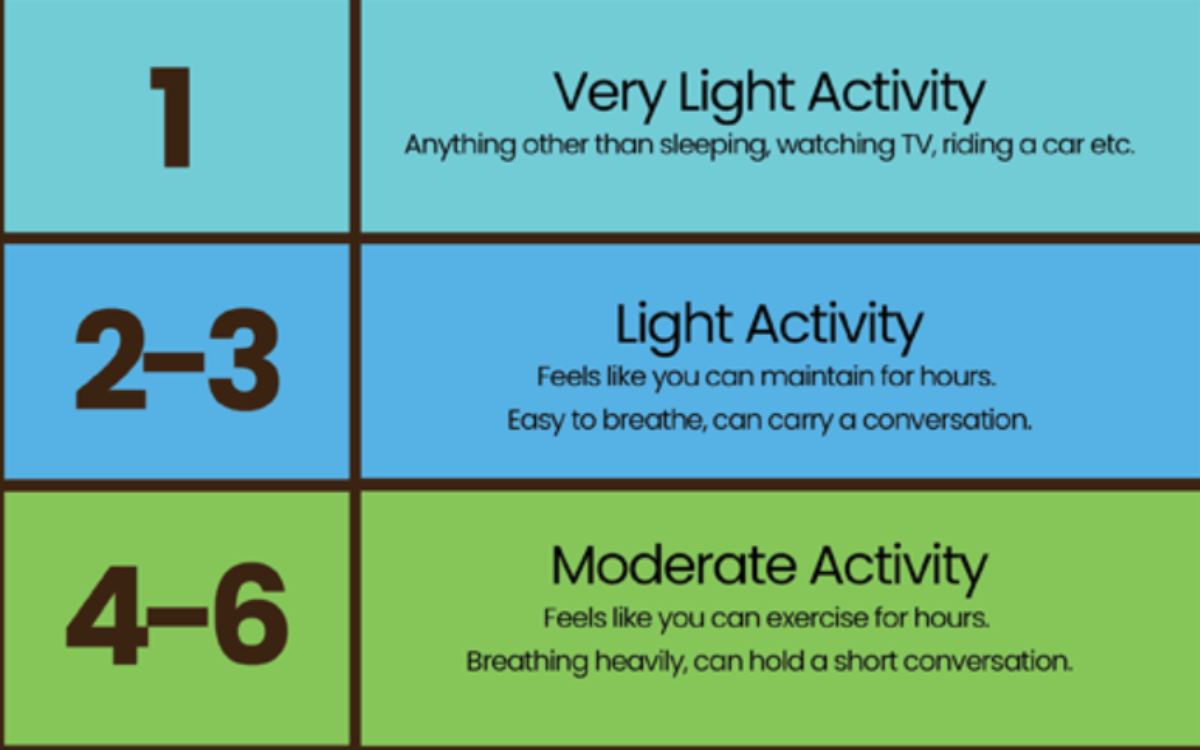Ramadan is around the corner. It is the holy month of fasting, praying and introspection for close to 2 billion Muslims across the world. While every Muslim waits for Ramadan, fasting during daylight hours can cause fatigue and hence needs planning to ensure that energy levels and overall health are sustained. Following are five tips you should focus on to maintain your health and energy levels throughout Ramadan.
1. Schedule Your Meals Accordingly
To ease into fasting, start adjusting your meal schedule in the days leading up to Ramadan. These couple of days are the best to do so. Gradually shift your eating times to align with Suhoor (pre-dawn meal) and Iftar (post-sunset meal). Stock up on nutrient-rich ingredients and plan balanced meals to ensure your body gets the required nourishment. If you’re a regular caffeine drinker, consider reducing your intake gradually to avoid withdrawal headaches.

2. Stay Hydrated
Dehydration will lead to tiredness, headaches and lightheadedness. Aim for a minimum of 2.1 litres of fluid every day for women and 2.6 litres for men. Drink water, herbal teas, broths and coconut water but limit the sugary beverages, which trigger energy crashes. Include water-content foods such as cucumbers, watermelon, and oranges to increase levels of hydration.

3. Emphasise Nutrient-Dense Foods
For Suhoor, select slow-digesting, high-protein foods like lean meats, chickpeas, tofu, nuts and seeds. Combine them with whole grains, vegetables and fermented foods like pickles to facilitate digestion. Limit processed foods with excessive sugar and salt, as they may cause energy swings and dehydration.

4. Eat Mindfully and Avoid Overeating
Following a long day of fasting, one might feel the urge to consume heavy, fried, or sugary foods. However, keep in mind that excessive consumption may cause bloating and lethargy. Begin Iftar with water and dates, then respond to your body’s hunger signals. Consume slowly and moderately to keep digestion running smoothly and maintain energy levels.
Read More: Ramadan Incoming: Healthy Iftaar Ideas

5. Include Light Physical Activity
When fasting, steer clear of strenuous exercise that will cause dehydration. Instead, try light exercises such as walking or stretching to stay fit and increase circulation. Reserve more strenuous workouts for post-Iftar when you can safely rehydrate and replenish yourself.

By simply following these helpful tips, you can optimise your energy, enjoy good health and fully tap into the spiritual nature of Ramadan.
Stay tuned to Brandsynario for latest news and updates









































